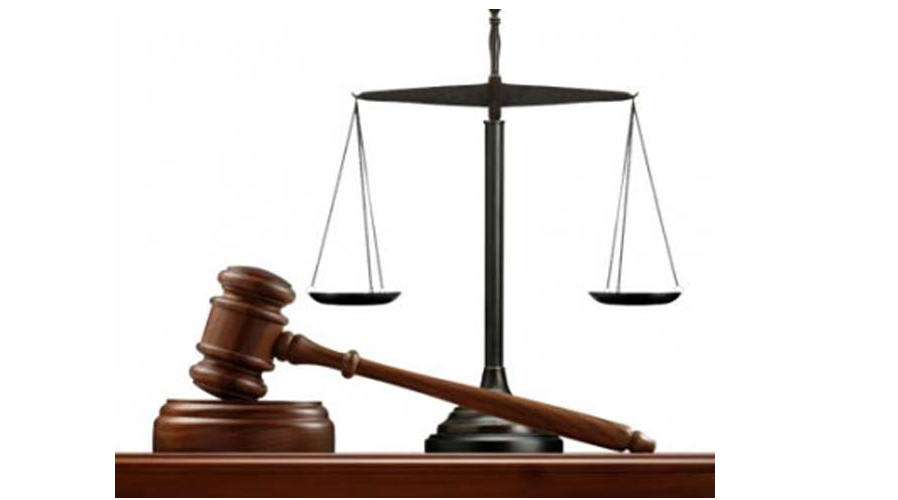A High Court of the Federal Capital Territory at Jabi Monday fixed November 1 to begin hearing on a suit by Mr. Beluolisa Nwofor whose Senior Advocate of Nigeria (SAN) rank was withdrawn by the Legal Practitioners’ Privileges Committee (LPPC).
The LPPC had on June 23, stripped Nwofor of the prestigious SAN rank over his alleged involvement in act of judicial misconduct.
The Committee, in a statement that was signed by its Secretary, Mr. Ahmed Gambo Saleh, said it took the decision to withdraw the rank from Nwofor at the end of its 126th general meeting that held in Abuja on June 22.
The action followed a petition the Court of Appeal lodged against the senior lawyer who played key role in series of litigations that heralded the Ondo State governorship elections.
He represented a faction of the People’s Democratic Party in the state that rooted for the emergence of Mr. Jimoh Ibrahim as governorship candidate of the party.
The litigants had aside accusing the appellate court panel of collecting bribe, equally joined the Justices as parties in an appeal that was later dismissed by the Supreme Court.
While dismissing the appeal, the Chief Justice of Nigeria, Justice Walter Onnoghen awarded cost totalling about N9 million against the litigants, stressing that Nwofor must pay the money from his own pocket.
Meanwhile, Justice A. Musa adjourned the plaintiff’s suit to enable counsel to the LPPC, Mr. Noah Abdul to file a further affidavit and written address in opposition to the suit.
The Committee had challenged jurisdiction of the high court to entertain the matter.
The plaintiff has however accused the LPPC of deliberately frustrating hearing in his case.
He said: “On October 4, the matter was slated for hearing. The LPPC was served with the substantive application. They have also been served with two hearing notices, but they were not in court.
“The suit was then adjourned till October 9, 2017, for judgement, but the court in the exercise of its power asked counsel to parties to address it on the issue of jurisdiction.
“But on October 9, the respondent came to court and filed a motion seeking to re-start the proceedings. That was the day the court had fixed for judgment. That action was to arrest the judgment. It was an attempt to arrest the judgment,” Nwofor added.

